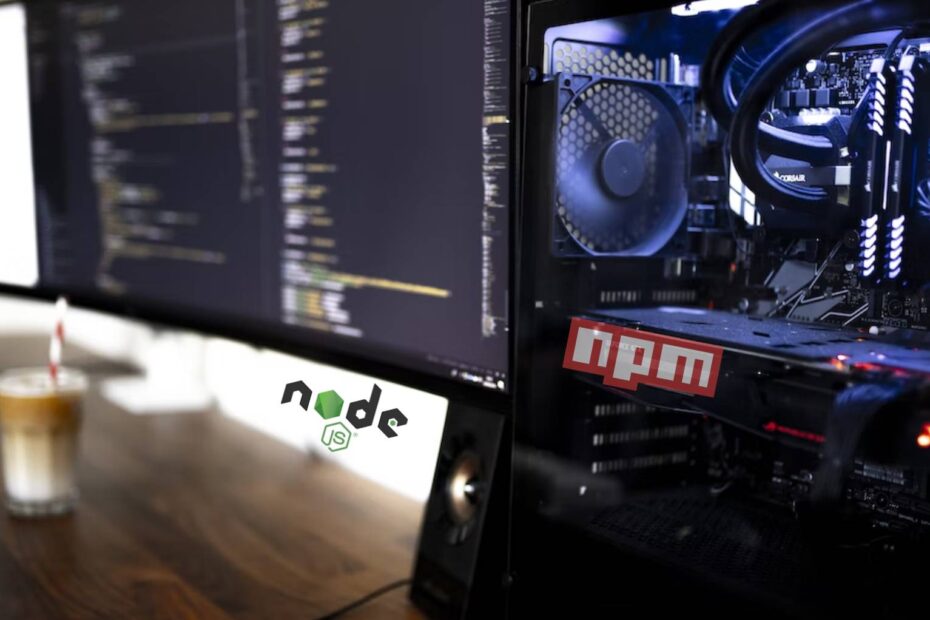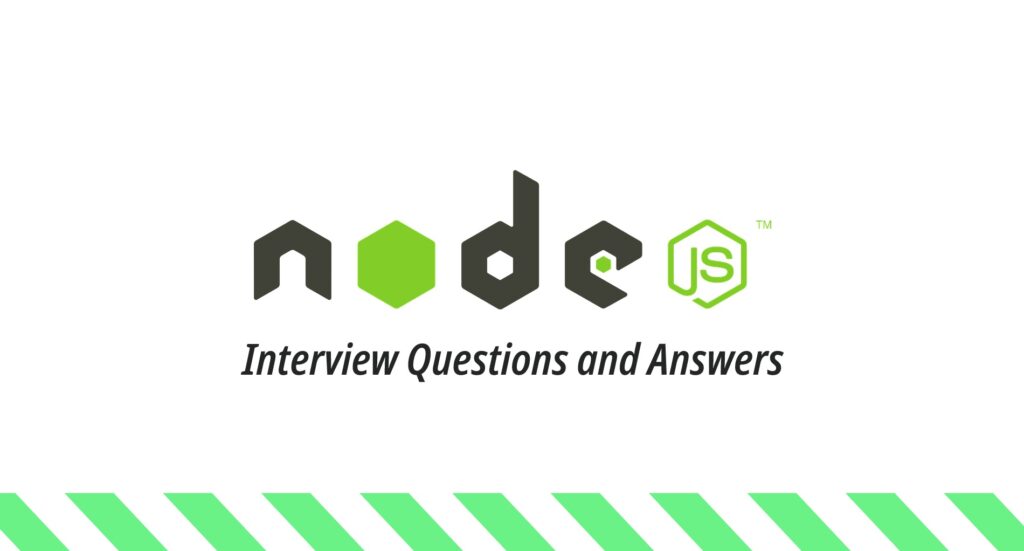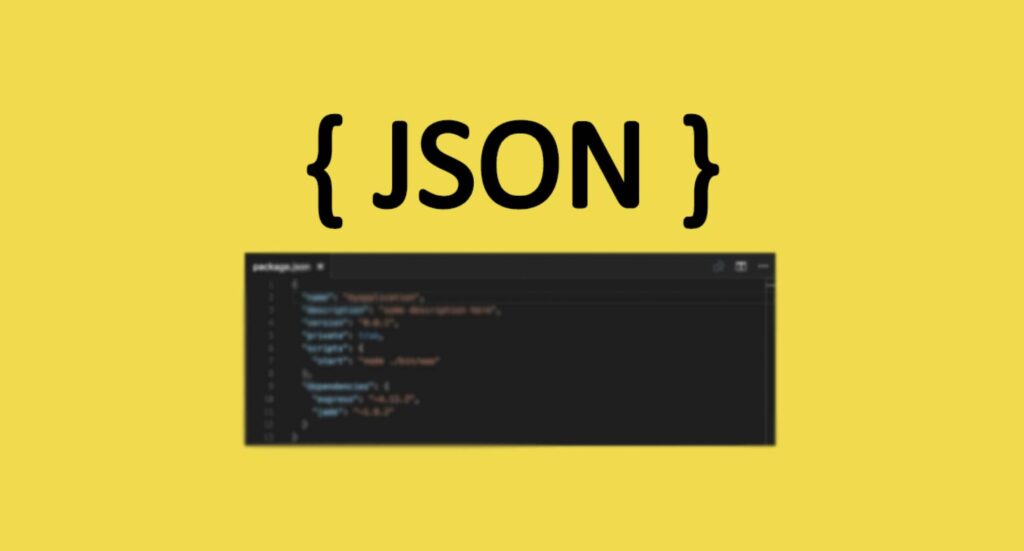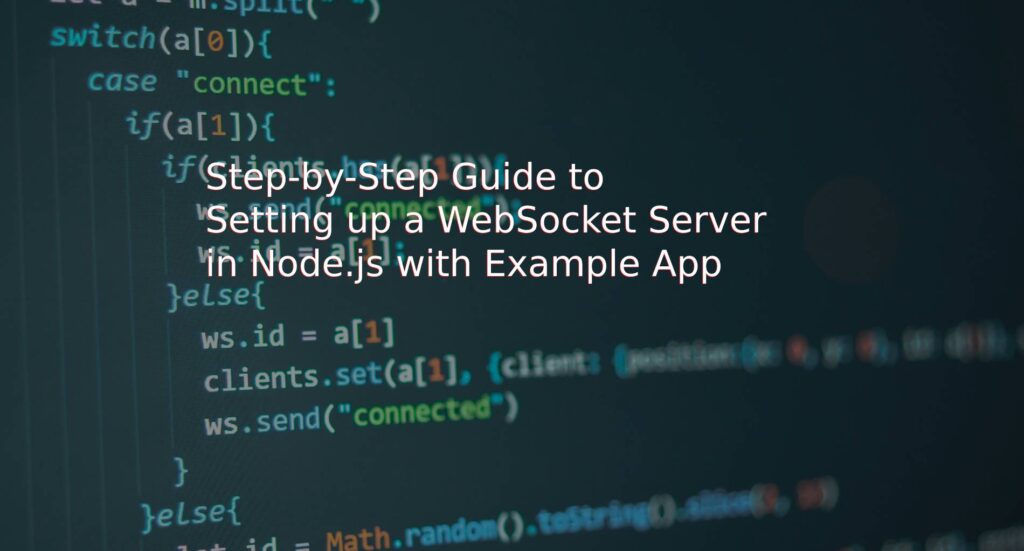If you’re a Node.js developer, you already know how essential node.js packages are to your workflow. They save you time, help you avoid reinventing the wheel and make your code more efficient. However, with thousands of packages available on npm, it can be challenging to know which ones to use.
Introduction
Node.js has become one of the most popular JavaScript runtime environments, powering everything from web applications to Internet of Things devices. One of the most significant advantages of Node.js is its massive ecosystem of packages, which developers can use to streamline their workflows, add functionality to their applications, and save time and effort.
In this article, we’ll highlight the top 20 Node.js packages that every developer should know about. Whether you’re a seasoned Node.js pro or just getting started, these packages will help you take your development skills to the next level.
What are Node.js Packages?
In Node.js, packages are self-contained modules of code that can be installed and used in a variety of applications. Packages are typically hosted on the npm (Node Package Manager) registry, where developers can search for and install packages using the npm command-line interface (CLI).
Node.js packages can range from small utilities and helpers to full-fledged frameworks and libraries. Many packages are open source, meaning they’re free to use and can be modified and distributed by anyone.
How to Install Node.js Packages
Installing Node.js packages is straightforward with npm. To install a package, simply run the following command in your project directory:
npm install <package-name>This will download and install the package and its dependencies. You can also specify a specific version of a package using the @ symbol, like so:
npm install <package-name>@<version>To manage your project’s dependencies, you can use the package.json file, which is automatically generated when you run npm init in your project directory. This file lists all the packages your project depends on and their versions. You can add or remove packages from this file as needed and then run npm install to install all the dependencies at once.
Top 20 Node.js Packages
Now that we’ve covered the basics, let’s dive into the top 20 Node.js packages that every developer should know about. We’ve divided these packages into four categories: frameworks, utilities, testing and debugging, and security.
Frameworks
- Express: Express is one of the most popular Node.js web frameworks. It’s fast, lightweight, and flexible, making it ideal for building APIs, web applications, and microservices.
- Nest.js: Nest.js is a progressive Node.js framework that’s designed to make building scalable and maintainable server-side applications a breeze. It’s built on top of Express and provides a modular architecture, dependency injection, and other powerful features.
- Koa: Koa is a lightweight and elegant Node.js web framework that emphasizes middleware composition and flexibility. It’s designed to be easy to use and highly customizable.
Utilities
- Lodash: Lodash is a utility library that provides a wide range of helpful functions for working with arrays, objects, and strings. It’s known for its speed and ease of use and is widely used in Node.js and front-end development.
- Moment.js: Moment.js is a popular library for working with dates and times in JavaScript. It provides a range of powerful functions for parsing, manipulating, and formatting dates and times.
- Node.js Debugger: Node.js Debugger is a built-in tool that allows you to debug your Node.js applications from the command line. It provides a range of useful features, including breakpoints, watches, and stepping-through code.
Testing and Debugging
- Mocha: Mocha is a flexible and feature-rich testing framework for Node.js. It provides a range of powerful features, including support for asynchronous testing, custom reporters, and hooks.
- Chai: Chai is a powerful assertion library for Node.js that provides a range of helpful functions for writing tests. It’s highly customizable and can be used with a variety of testing frameworks.
- Winston: Winston is a popular logging library for Node.js that provides a range of powerful features, including support for multiple modes of transport, custom log levels, and logging to files or databases.
Security
- Helmet: Helmet is a security middleware for Express that helps you secure your applications by setting various HTTP headers. It provides protection against common web vulnerabilities, including cross-site scripting (XSS) and cross-site request forgery (CSRF).
- Passport: Passport is a popular authentication middleware for Node.js. It provides a range of authentication strategies, including local, social, and OAuth.
- Crypto: Crypto is a built-in Node.js module that provides a range of cryptographic functions, including hashing, encryption, and decryption. It’s widely used for securing data and passwords in Node.js applications.
Performance
- PM2: PM2 is a production process manager for Node.js applications. It provides a range of features for managing and scaling Node.js applications in production environments, including automatic restarts, load balancing, and monitoring.
- Nodemon: Nodemon is a utility that automatically restarts your Node.js application when changes are detected in your code. This makes development faster and more efficient, as you don’t need to manually restart your application every time you make a change.
- Node Inspector: Node Inspector is a built-in tool that provides a graphical user interface (GUI) for debugging Node.js applications. It allows you to set breakpoints, inspect variables, and step through code, all from your web browser.
Data Management
- Sequelize: Sequelize is an ORM (object-relational mapping) library for Node.js. It provides a simple and powerful way to work with relational databases like MySQL, PostgreSQL, and SQLite.
- MongoDB: MongoDB is a popular NoSQL database that’s widely used in Node.js applications. It provides a flexible and scalable way to store and manage data and can be used for a wide range of use cases.
- Redis: Redis is an in-memory key-value store that’s often used as a cache or message broker in Node.js applications. It provides high performance and scalability, making it ideal for real-time applications and microservices.
Other
- Socket.io: Socket.io is a library for building real-time, bidirectional communication between the browser and the server. It provides a range of features for building real-time applications, including support for websockets and fallbacks for older browsers.
- Cheerio: Cheerio is a fast and flexible library for parsing and manipulating HTML and XML documents in Node.js. It provides a simple and intuitive API for working with HTML and XML documents, making it ideal for web scraping and other data extraction tasks.
FAQs
Q. What is Node.js?
Node.js is a server-side JavaScript runtime that allows developers to build fast and scalable applications using JavaScript.
Q. What is npm?
npm is the package manager for Node.js. It allows developers to install, manage, and share packages and libraries for Node.js.
Q. What is the difference between Node.js and JavaScript?
Node.js is a server-side runtime for JavaScript, while JavaScript is a client-side language that runs in web browsers.
Q. Can I use Node.js for front-end development?
While Node.js is primarily used for server-side development, it can also be used for front-end development, particularly for tools like build systems and task runners.
Q. How do I get started with Node.js?
To get started with Node.js, you’ll need to install Node.js on your computer and then start learning the basics of JavaScript and Node.js development. There are many online resources and tutorials available to help you get started.
Related Articles
JavaScript Interview Questions and Answers
How to avoid confusion between ReactJS and React Native
Ionic Vs React Native: Which Is Better and Why?
Which Framework Is Best for Your Project – React JS or Angular JS?
Conclusion
Node.js has a vast ecosystem of packages and libraries that can help you build fast, scalable, and secure applications. In this article, we’ve covered the top 20 Node.js packages that every developer should know about, including frameworks, utilities, testing and debugging tools, security libraries, performance management tools, and data management libraries.
Whether you’re building a web application, a microservice, or a real-time communication app, there’s a Node.js package out there that can help you get the job done. So start exploring the Node.js ecosystem today and see what you can build!




